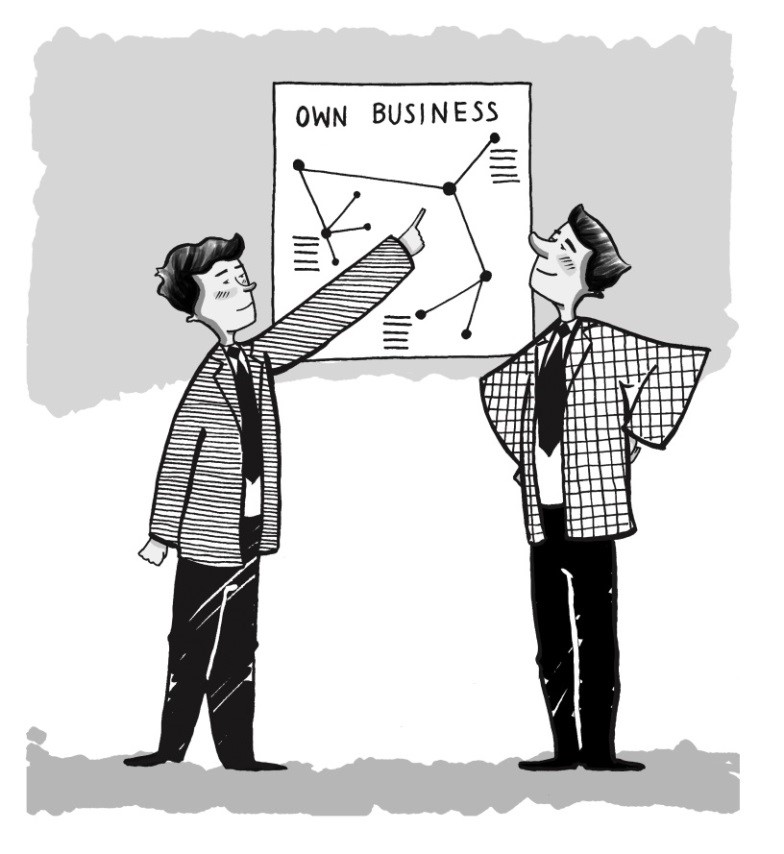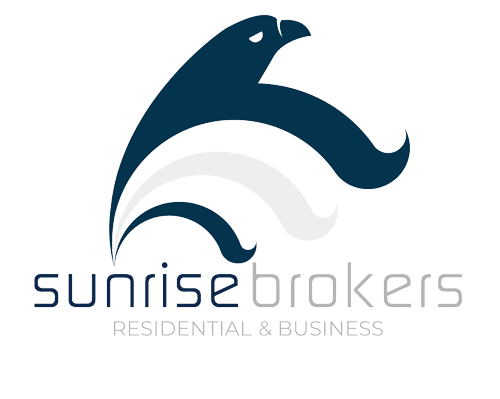Buying a Business….
 Motivations of buying a business are far more complex than that of selling a business. There may be around a dozen buyers who may show interest to look closer at a well-presented business placed for sale in the market. Most of them will get filtered out. Many of the aspirants of owning a business to be their own boss may get cold feet, weak stomach and shrill down the spine when faced with challenges of business ownership.
Motivations of buying a business are far more complex than that of selling a business. There may be around a dozen buyers who may show interest to look closer at a well-presented business placed for sale in the market. Most of them will get filtered out. Many of the aspirants of owning a business to be their own boss may get cold feet, weak stomach and shrill down the spine when faced with challenges of business ownership.
By high standards of our expertise and ethical sincerity, we do want to know and understand the motivations of an aspirant buyer in our first meeting with the buyer. If we find that the aspirant buyer is misguided or inadequately informed, we will give candid advice to the candidate.
To check a potential buyer, we will find out by asking a few questions as to how well prepared the buyer is to purchase and run a business. We want to make sure that we cover enough grounds to ensure that the buyer has the right motivations and means to run the business well and enjoy running it. We want the buyer to be fully prepared to commit to business ownership. We will know how much of learning and training a buyer has to undergo to ride on success story of the seller.
Typical Main Street Buyers
- Self-Employment
- Owner Controls, Employees Run
- Management Controls, Employees Run
- Entrepreneurial Venture
- Image and Identity Enhancement
Check Outs for Buyer
- Motivation
- Financial Strength
- Creditworthiness
- Desirable Line(s) of Business
- Relocation Plan
Principle of Cash Leverage
- A typical buyer will tend to buy maximum cash flow of business with least of his/her own cash, least of recovery time, and maximum of owner financing irrespective of the scope of business.
- An astute buyer will watch out for potential of improving the business from within with his/her entrepreneurial acumen.
Stages of Buying a business Process
Preparatory Stage
- Decide on geographical area and ‘carry home’ income range within which you want to buying a business.
- Prepare your financial statement to show your buying strength.
Finder Stage
- Contact us for our professional evaluation of your profile to place you in the marketplace for specific line of business that we will identify for you as suitable.
- We ask you to sign a general Non-Disclosure Confidentiality Agreement with us for finding suitable businesses for you and disclosing very preliminary information for your preview.
Business Interest Stage
- For the business of your liking to move forward with, we ask you to sign a Business Interest Letter showing your buying strength to the seller requesting for a meeting and presentation by the seller.
- This is the stage for you to sign a specific Non-Disclosure Confidentiality Agreement with us.
Letter of Intent Stage
- After meeting with the seller through us, if you wish to move forward to make a formal offer, we prepare a Letter of Intent with firmed up offer, contingencies of offer, and a good faith deposit with the attorney of your choosing to show your seriousness and commitment. You may get a counter to your offer from the seller with listed contingencies.
- When the seller signs off on Letter of Intent, he or she opens up to the stage of formal Sale Purchase Agreement.
Sale Purchase Agreement Stage
- The broker prepares a draft Sale Agreement based on the broad agreements in the Letter of Intent and takes approval from the buyer and the seller to prepare the final version of the Sale Purchase Agreement.
- Select a closing attorney in agreement with the seller.
- Both parties, often including their spouses and partners in business, sign the formal Sale Purchase Agreement.
- The associated professionals of both parties: attorneys, accountants, CPAs, settlement attorney and the broker will be taking specific actions by specified timeframes to bring the business sale to closing.
Due Diligence Stage
- This is the formal implementation of Sale Purchase Agreement with the objective to satisfy and remove contingencies contained in the Agreement. Time clock ticks here for both seller and buyer.
- We strongly recommend that the buyer brings his or her own accountant advisor for analysis of accounting records of the seller, and the seller is obligated to present accounting records through his or her accountant. Seller should make his or her CPA available to clarify tax related matters.
- A closed room neutral venue is always preferable for examination of documents.
- Buyer may ask for specific verifications of accounts.
Escrow and Closing Stage
- A title, escrow, and closing settlement attorney handles this. Sale Purchase Agreement is the key document by which the closing work begins.
- It involves turning over all facets of business by the seller to the buyer. The buyer places funds for transfer at the disposal of the closing attorney.
- The broker plays the critical role of coordination of all activities between seller, buyer, and their associated professionals in sync with each other.
Post-Closing Stage
- Take full control of the business including changing of locks.
- Notify employees, suppliers, and vendors.
- File legal paperwork with authorities.
- Get post-closing training and help from the seller when committed as part of the deal.
- Prepare a business plan, preferably during Due Diligence stage and implement it after closing.
Services of SUNRISE BROKERS
It may be intimidating for the buyer to step into the venture of business ownership. There are many complexities of paperwork, which may haunt if not done properly with professional help. We, at SUNRISE BROKERS, make the coordination of all players for a smoother transition from the seller to the buyer for business ownership.
